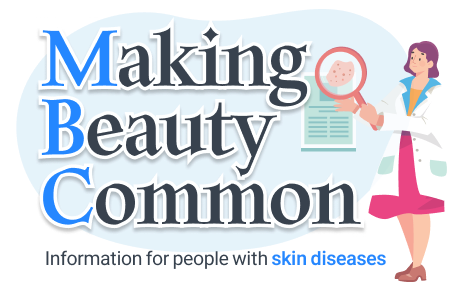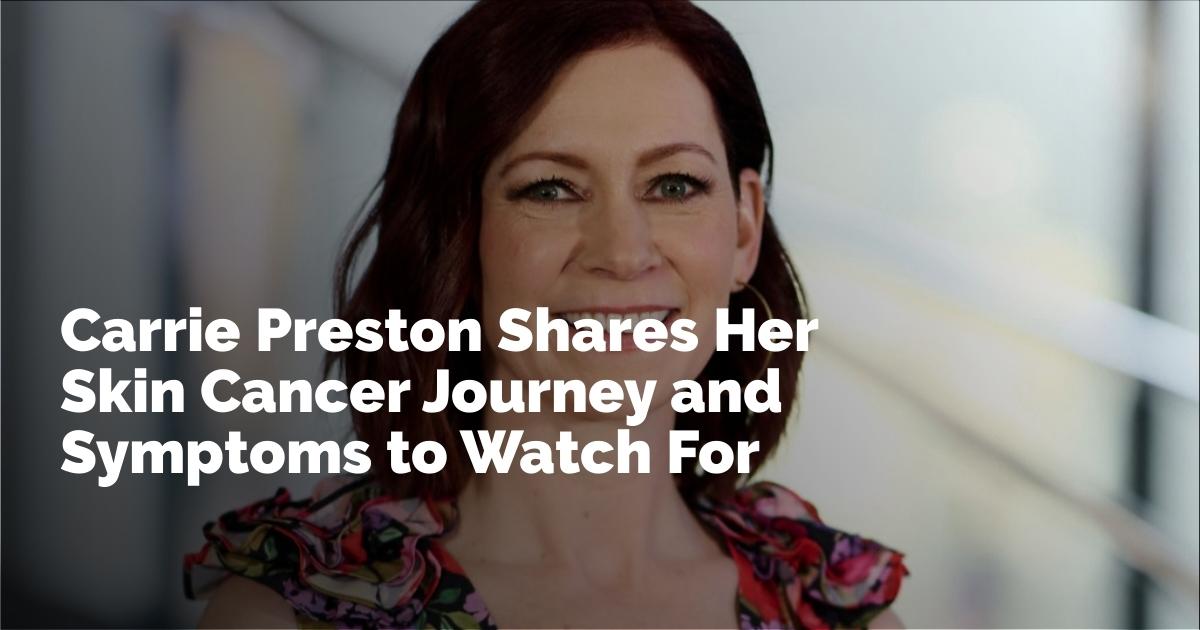Carrie Preston's Skin Cancer Diagnosis: A Personal Journey
Actress Carrie Preston, recognized for her captivating performance as the eccentric detective in the popular CBS series "Elsbeth," recently shared a personal health challenge that hit close to home. At 58, Preston opened up about being diagnosed with skin cancer, specifically basal cell carcinoma, after a mole on her cheek was found to be cancerous. Her story is a powerful reminder of the importance of vigilance in monitoring our health and the supportive power of community during challenging times.
Discovering the Diagnosis
The discovery of Preston's condition came during a significant milestone—on the last day of filming the second season of "Elsbeth." Speaking with Busy Phillips on the podcast "Busy This Week," she recounted the surreal moment. As colleagues asked about her plans for the hiatus, she grappled with the shock of her diagnosis. “Just an hour prior, I found out that a test I had done on a mole on my cheek was basal cell carcinoma… I didn’t want to tell people because I was shocked and a little bit ashamed,” she admitted, voicing a common reaction among many who face unexpected medical news.
Experts like Dr. Pooja Rambhia, a board-certified cosmetic dermatologist, often note this initial feelings of guilt in patients. Dr. Rambhia explains that skin cancer can result from numerous factors, some beyond personal control, such as genetics, long-term UV exposure, and skin type.
Seeking Support and Treatment
However, Preston's momentary isolation was quickly enveloped by the warmth of her friends and colleagues. With the solidarity typical of a tight-knit production set, fellow actors, including guest star Mary-Louise Parker, quickly offered support. Within minutes, they helped Preston secure an appointment for necessary medical intervention.
"I thought, let me talk to these women, and I was just honest: This just happened, and I’ve got to get this surgery," she recalled. Mohs surgery was recommended, a procedure Preston was initially unfamiliar with, yet quickly understood to be her best option.
Understanding Basal Cell Carcinoma
Basal cell carcinoma (BCC) represents a prevalent form of skin cancer, comprising approximately 80% of all skin cancer diagnoses. Typically appearing on sun-exposed areas such as the face, neck, ears, and back, BCC often presents as abnormal growths that may go unnoticed without regular checks. Dr. Rambhia notes that BCC is less dangerous compared to other forms like melanoma or squamous cell carcinoma, as it rarely metastasizes. However, early detection remains crucial to prevent local damage and facilitate effective treatment.
Recognizing the Symptoms
Identifying the symptoms of BCC can lead to earlier diagnosis and treatment, which is critical for an optimal prognosis. Symptoms may manifest as a pearly or waxy bump, a flat blemish resembling a scar, or a sore that heals and reappears. Dr. Rambhia elaborates on these signs, emphasizing the importance of being vigilant with changes in the skin. Despite its usually slow growth, if left untreated, BCC can still result in significant tissue damage.
Treatment Options and Recovery
Preston's experience involved undergoing Mohs surgery, a specialized procedure that incrementally removes skin layers while preserving as much healthy tissue as possible, ensuring no cancer cells remain. This technique boasts high cure rates and is favored for its precision. Dr. Rambhia further explains alternative treatments such as standard surgical excision, topical medications, cryotherapy, and even radiation therapy, often tailored to the tumor’s specific characteristics.
Following her surgery, Preston shared insights into her recovery. “I have a scar that’s healing … so I have to wear these silicone scar strips,” she told Phillips.
Scar management post-surgery involves gentle care and treatments like silicone gels to ensure healing with minimal cosmetic impact. The use of advanced laser treatments soon after surgery can also significantly improve scar appearance, Dr. Rambhia affirms.
Taking a Joyful Approach
Maintaining her characteristic humor and joy, Preston added a personal touch to her recovery process. Embracing her unique style, she adorned her scar strip with adhesive gems. “I went and got some jewels… I’m basically wearing what the kids wear to raves on my face,” she expressed with a laugh, showcasing her positive outlook even amidst health challenges.
Prevention: The Best Line of Defense
Preventing skin cancer involves diligent sun protection. Dr. Rambhia advises daily application of broad-spectrum sunscreen with at least SPF 30, wearing hats and protective clothing, and avoiding tanning beds. She stresses that even incidental sun exposure accumulates and urges the public to monitor any new or changing skin lesions with the guidance of a board-certified dermatologist. Early intervention remains a critical factor in battling skin cancer effectively.
Carrie Preston’s journey from diagnosis to recovery underscores the importance of awareness, support, and a proactive approach to health. Her story not only highlights her strength but also serves as an inspirational reminder of the vital role of family, friends, and community in facing health challenges together.
출처 : Original Source

